Recent Posts
- Get HOMICIDE in four editions. Rated No.1 among The Five Best Crimes Biographies of All Time
- Peter Lance Biography
- HuffPost: DOJ report on MISSBURN case leaves out key detail: I.D. of the Mafia killer who broke the case for Hoover’s FBI
- On Halloween in 1994 CBS aired a new take on Orson Welles’ radio classic “War of The Worlds.” With 225,000+ views, it’s now become a YouTube cult favorite as well.
- Jason Leopold calls TRIPLE CROSS a “9/11 masterpiece”
Archives
- November 2025
- October 2025
- September 2025
- March 2025
- February 2025
- January 2025
- December 2024
- November 2024
- October 2024
- July 2024
- June 2024
- March 2024
- January 2024
- November 2023
- June 2023
- March 2023
- February 2023
- December 2022
- August 2022
- July 2022
- March 2022
- February 2022
- January 2022
- December 2021
- August 2020
- July 2020
- June 2020
- February 2020
- January 2020
- November 2019
- September 2019
- April 2019
- February 2018
- January 2018
- December 2017
- November 2017
- September 2017
- June 2017
- April 2017
- February 2017
- January 2017
- December 2016
- November 2016
- October 2016
- September 2016
- August 2016
- July 2016
- June 2016
- May 2016
- April 2016
- March 2016
- February 2016
- January 2016
- December 2015
- November 2015
- October 2015
- September 2015
- August 2015
- July 2015
- June 2015
- May 2015
- March 2015
- February 2015
- January 2015
- December 2014
- November 2014
- July 2014
- June 2014
- May 2014
- April 2014
- March 2014
- January 2014
- December 2013
- November 2013
- October 2013
- September 2013
- August 2013
- July 2013
- June 2013
- May 2013
- April 2013
- March 2013
- February 2013
- January 2013
- December 2012
- November 2012
- October 2012
- September 2012
- August 2012
- July 2012
- June 2012
- May 2012
- April 2012
- January 2012
- December 2011
- June 2011
- April 2011
- March 2011
- February 2011
- January 2011
- November 2010
- October 2010
- March 2010
- August 2009
- November 2006
- November 2004
- October 2003
- September 2003
- February 2000
Categories
- 1000 Years for Revenge
- ABC's Path to 9/11 issue
- Ali Mohamed
- Ali Mohamed revelations
- Anwar al-Awlaki
- ARCHIVES
- awards
- bio
- BIOGRAPHY
- BOOK TV C-SPAN2
- BOOK WRITING
- BOOKS
- Colombo family "war"
- Commentary
- DUI investigation
- Emad Salem investigation
- FBI ORGANIZED CRIME
- Featured
- FICTION
- First Degree Burn
- Fitzgerald censorship attempt
- Fitzgerald censorship scandal
- Fox News
- Gotham City Insider
- Gregory Scarpa Jr.
- Gregory Scarpa Jr.
- Gregory Scarpa Sr.
- Harpercollins
- HUFFINGTON POST
- INVESTIGATIONS
- Khalid Shaikh Mohammed
- MAGAZINE ARTICLES
- Major Hasan Fort Hood massacre
- MEDIA COVERAGE
- Meier Kahane Assassination
- Meir Kahane assassination
- Murder Inc.
- Nat Geo whitewash
- NEWSPAPER REPORTING
- NOVELS
- Oklahoma City bombing
- Omar Abdel Rahman
- OPERATION ABLE DANGER
- POLICE CORRUPTION
- Produced
- R. Lindley DeVecchio
- Ramzi Yousef
- Ramzi Yousef sting 302's
- REPORTING & ANALYSIS
- RESEARCH
- Santa Barbara News-Press
- SCREENWRITING
- Stranger 456
- Stranger 456
- teleplays
- Tenacity Media
- Triple Cross
- Triple Cross
- TV NEWS COMMENTARY
- Uncategorized
- videos
- WIKIPEDIA
The FBI’s two biggest counter-terrorism failures missed by the 9/11 Review Commission
By Peter Lance © The lead in the March 25th NYT piece on the report by the Review Commission on the FBI’s counter-terrorism performance since 9/11 was reflective of the report itself, which was based almost entirely on input supplied by the Bureau:
“The FBI has made great strides since the Sept. 11 attacks but urgently needs to improve its intelligence capabilities, hire more linguists and elevate the stature of its analysts to counter the rapidly evolving threats to the United States.”
But while offering a self-serving history of the Bureau’s efforts at protecting the U.S. Homeland since 1982 the 128 page report, is relatively silent on the FBI’s two biggest counter-terrorism failures since 9/11 — developing a Virtual Case File (VCF) system so that Special Agents and analysts, bogged down in a “paper-driven culture,” can instantly access threat-related data; and the ongoing failure to recruit translators fluent in languages consistent with the emerging jihadi threat.
The following piece, citing the seminal reporting of Eric Lichtblau and Dan Eggen, underscores those two crucial issues missing from the Report:
TRILOGY AND SENTINEL
As far back as 2002, Lichtblau and Charles Piller reported in The L.A. Times that the FBI’s information systems were so antiquated that right after 9/11 frustrated agents in Tampa were unable to email photos of the 19 hijackers to the Bureau’s 56 Regional Offices. They had to resort to overnight mail.
The remedy to bring the Bureau’s IT infrastructure into the 21st century was supposed to be a new multi-million dollar Virtual Case File system called Trilogy, first announced prior to the attacks in 2000.
But by 2006 Eggen and Griff Witte were reporting on Trilogy’s failure in a Washington Post piece headlined, “The FBI’s Upgrade That Wasn’t. $170 Million Bought an Unusable Computer System.”
Four years later in 2010, now on the staff of the NYT, Lichtblau detailed the cost overruns and deployment problems with the Bureau’s new VCF boondoggle, the $305 million dollar Sentinel system. That latest setback had everything to do with one of the nation’s aerospace giants, because after Trilogy’s abandonment, the development of Sentinel was farmed out to Lockheed Martin in 2006.
But after $30 million in cost overruns, when the Bureau suspended the overhaul of Sentinel in 2010, what was largely ignored in the media (and missing from the 9/11 Review Commission’s report) was the fact that starting in 2005 after he’d left the DOJ as Deputy Attorney General, Lockheed Martin’s General Counsel and Senior V.P. was none other than James Comey who is now the FBI director. 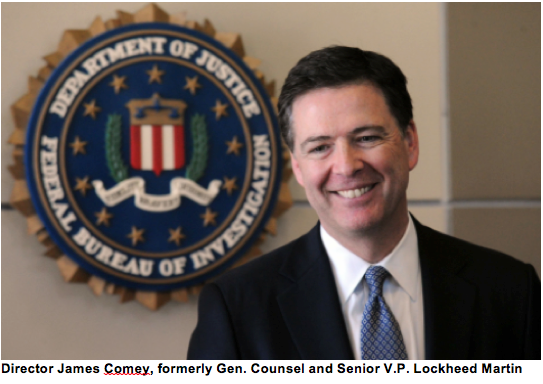
Other than a single footnote, the only reference to “Virtual Case File” in the 9/11 Review Commission’s report comes on page 127 noting that the acronym for Virtual Case File is VCF.
Comey’s revolving-door Justice-to-Lockheed-to-FBI trajectory isn’t mentioned, even though the ex-Deputy A.G. was sworn in to succeed Robert Mueller as the 7th FBI Director on September 4th 2013.
But just over a year into Comey’s tenure, the DOJ Inspector General issued another another dire report on Sentinel. The findings were covered by Jeff Stein in Newsweek
“Sentinel… was supposed to be finished by the end of 2009 at a cost of $425 million. Plagued by mismanagement, cost overruns and technical glitches detailed in a series of reviews through the years, its budget has ballooned another $100 million, the new report says. Years after it was launched, FBI special agents and intelligence analysts sometimes still have to visit another field office to obtain a particularly big or sensitive file, sources say.”
That revelation echoed the identical “paper-driven” limitations first reported by Lichtblau and Piller in 2002. But in today’s digital, social media-driven world of intelligence gathering, if the Bureau’s basic IT system for communicating data still isn’t fully operational, how can we expect Special Agents, Analysts and translators to connect the dots on the next terror threat?
THE URGENT NEED FOR TRANSLATORS
The 9/11 Review Commission also cites the need to hire more linguists fluent in the language of the emerging jihadi enemy. But the report only hints at the other stunning Bureau lapse first reported by Dan Eggen in the WashPost back in 2006.
“Five years after Arab terrorists attacked the United States, only 33 FBI agents have even a limited proficiency in Arabic, and none of them work in the sections of the bureau that coordinate investigations of international terrorism, according to new FBI statistics.”
In the 2009 edition of “Triple Cross,” my third book for HarperCollins on the FBI’s counter-terrorism failures, I underscored the dangers in the Bureau’s failure to recruit Middle Eastern linguists by examining the fate of Bassem Youssef, once the Bureau’s highest-ranking Arabic-American special agents.
A decorated counterterrorism SA who descends from Christian Egyptians, Youseff filed a lawsuit in 2003 claiming that he was discriminated against when he was pulled from the field and given a desk job.
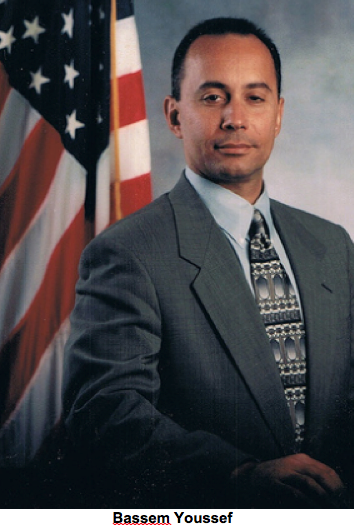 In a sworn deposition submitted during Youseff’s suit in 2005, then FBI Director Mueller admitted that he was unsure of the relationship between Osama bin Laden and Sheikh Omar Abdel Rahman, the spiritual leader of al Qaeda who was convicted of seditious conspiracy in 1995 in the “Day of Terror” trial which focused on a plot by the same al Qaeda cell responsible for the 1993 WTC bombing, to blow up the bridges and tunnels into Manhattan, the U.N. and the FBI’s New York Office at 26 Federal Plaza.
In a sworn deposition submitted during Youseff’s suit in 2005, then FBI Director Mueller admitted that he was unsure of the relationship between Osama bin Laden and Sheikh Omar Abdel Rahman, the spiritual leader of al Qaeda who was convicted of seditious conspiracy in 1995 in the “Day of Terror” trial which focused on a plot by the same al Qaeda cell responsible for the 1993 WTC bombing, to blow up the bridges and tunnels into Manhattan, the U.N. and the FBI’s New York Office at 26 Federal Plaza.
Similarly, Dale Watson, the FBI’s counterterrorism chief for two years post 9/11, was unable to differentiate between Shiites and Sunnis, the two principal sects of Islam. Testifying before a House Judiciary subcommittee in 2008 Youseff declared, “The FBI Counter Terrorism Division is ill-equipped to handle the terrorist threat we are facing.”
In April, 2009 I interviewed Youseff’s lawyer Stephen M. Kohn and asked him whether, at that point, the Bureau’s Arabic language capabilities had significantly improved since 2006 and he insisted that they had not.
The continuing issue of fluency in middle eastern languages was of such concern on Capitol Hill that on May 21, 2012, Senator Daniel Akaka, (D-HI) then chairman of the Homeland Security Subcommittee on Oversight of Government Management held his seventh hearing on what he termed “a national security crisis;” namely the lack of foreign language skills, particularly at the FBI and CIA.
The Bureau was represented at the hearing by Tracey A. North, Deputy Assistant Director of the Directorate of Intelligence. In her statement she never addressed the key question of how many special agents were fluent in Arabic and other middle eastern tongues. Instead she listed percentages: “The FBI has increased its overall number of linguists by 85 per cent, with the number… in high priority languages such as Arabic increasing by 261 per cent, Urdu… by 733 per cent, and Farsi… by 142 per cent.”
Because of the vagueness of her statement I contacted the FBI in early November, 2012 and asked this specific question: “How many Special Agents, SSA’s, ASAC’s ADICS or other members of senior management are fluent in: Arabic, Urdu and Farsi?”
On November 13th, 2012 I got this reply from Betsy R. Glick in the FBI’s Public Affairs Office: “The most specific information I have been advised can be released is this: the FBI has over 100 Special Agents who speak Arabic, Farsi, and/or Urdu. The FBI also has over 340 full and part time linguists who speak, or provide services, in Arabic, Farsi, and/or Urdu.”
That number of “over 100 special agents” fluent in Arabic, Farsi and Urdu more than eleven years after the 9/11 attacks takes on a chilling starkness when you consider that by 2009 there were roughly 5,000 special agents working counterterrorism. The fact that barely two percent of them were fluent in the language of jihadists is some measure of FBI’s counterterrorism performance.


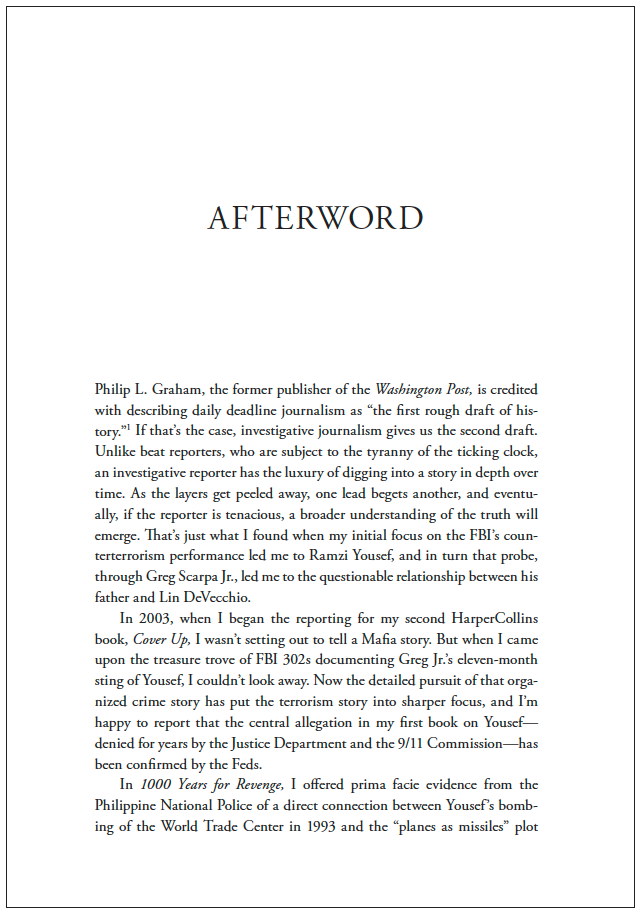
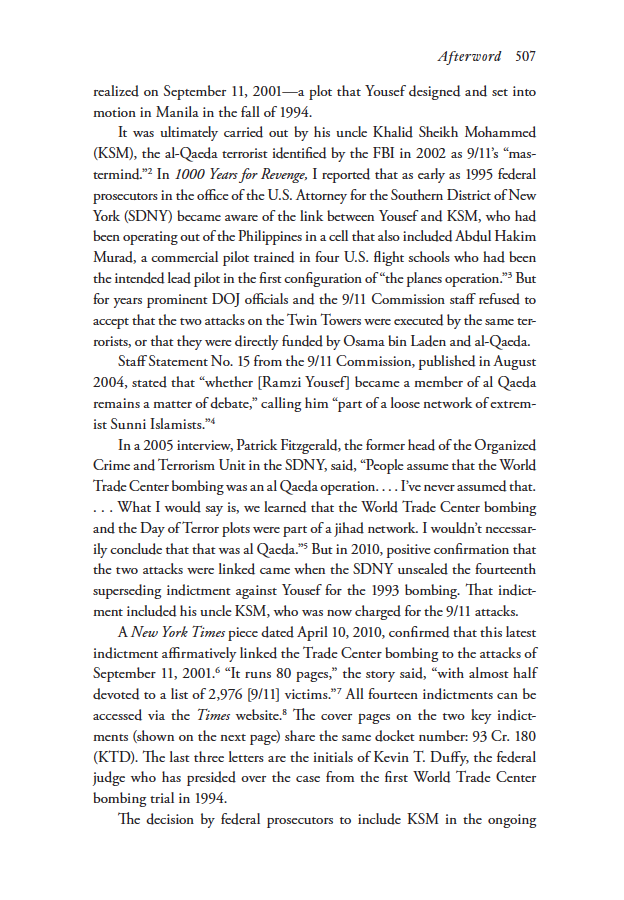
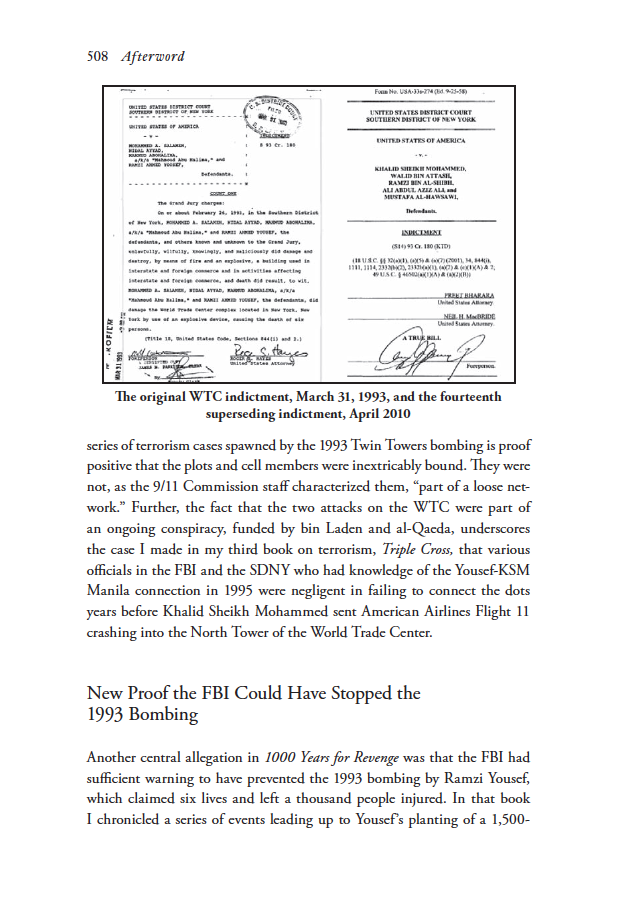
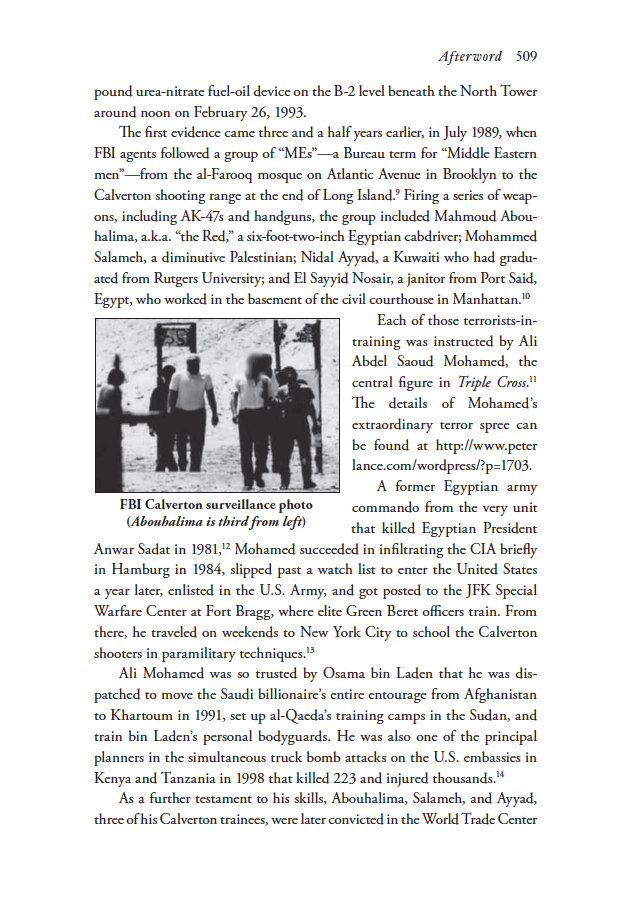
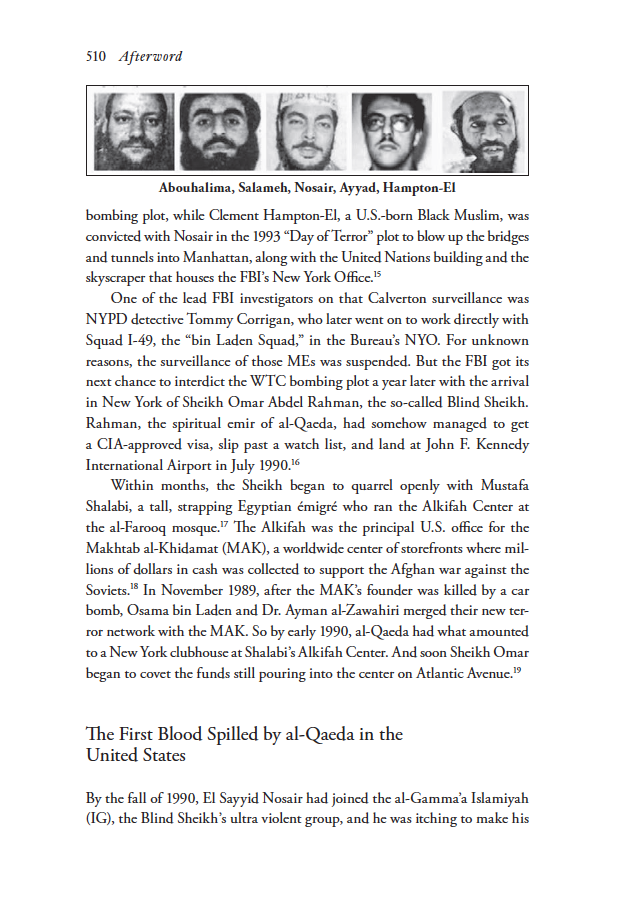

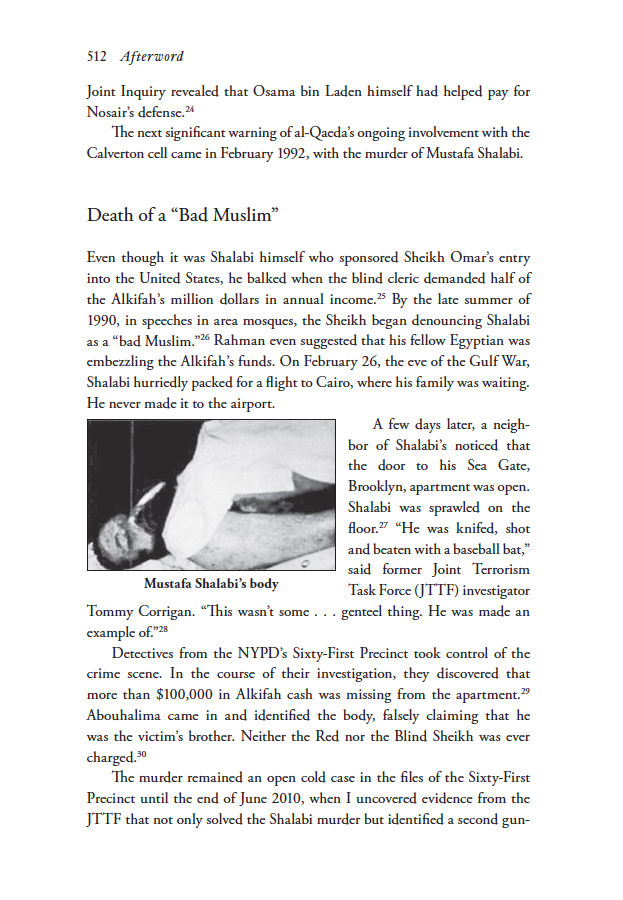


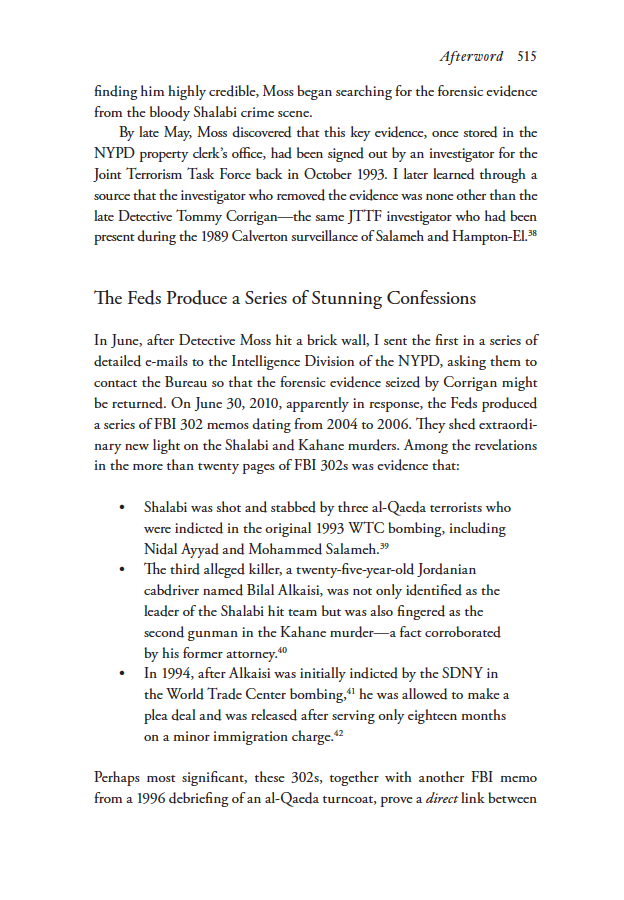
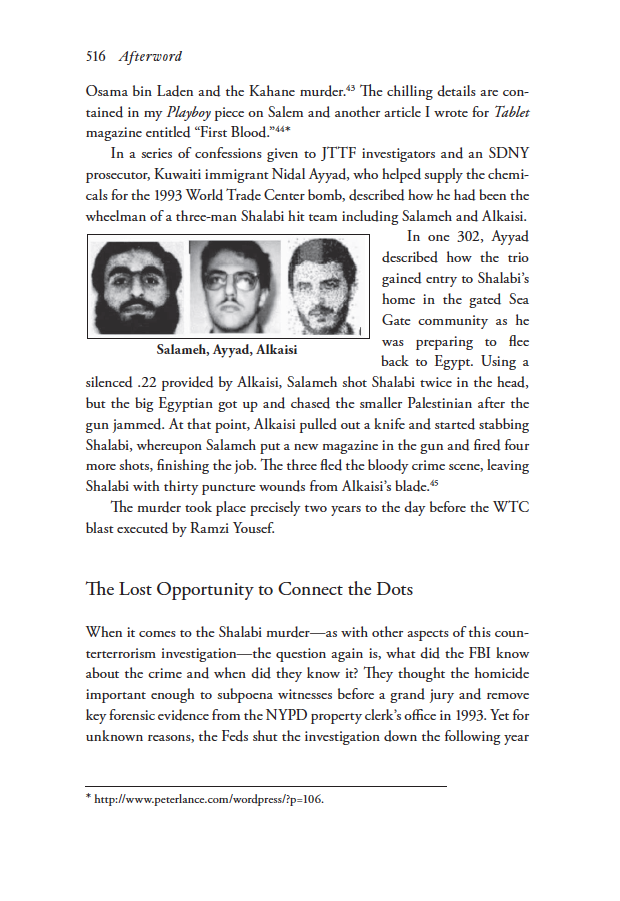
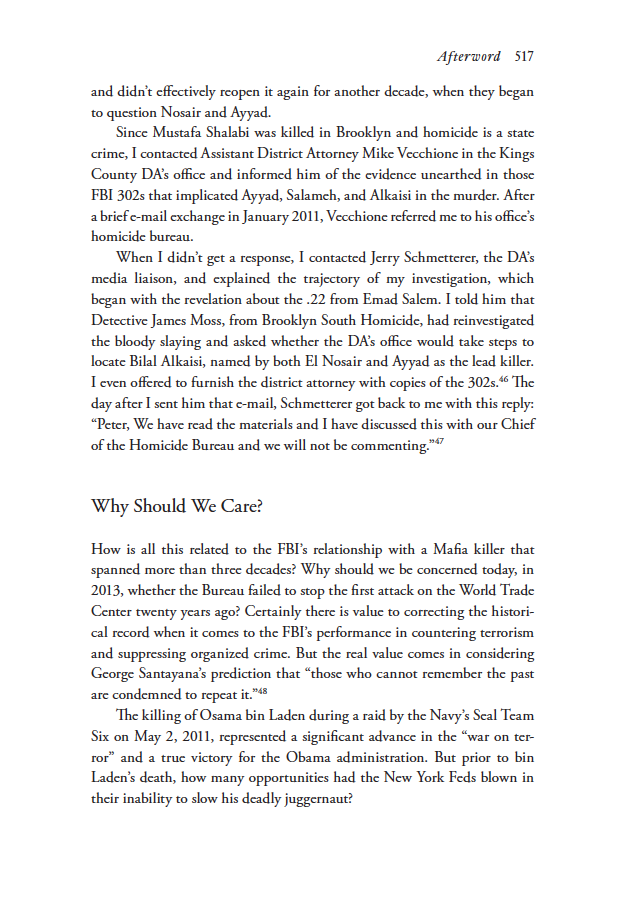
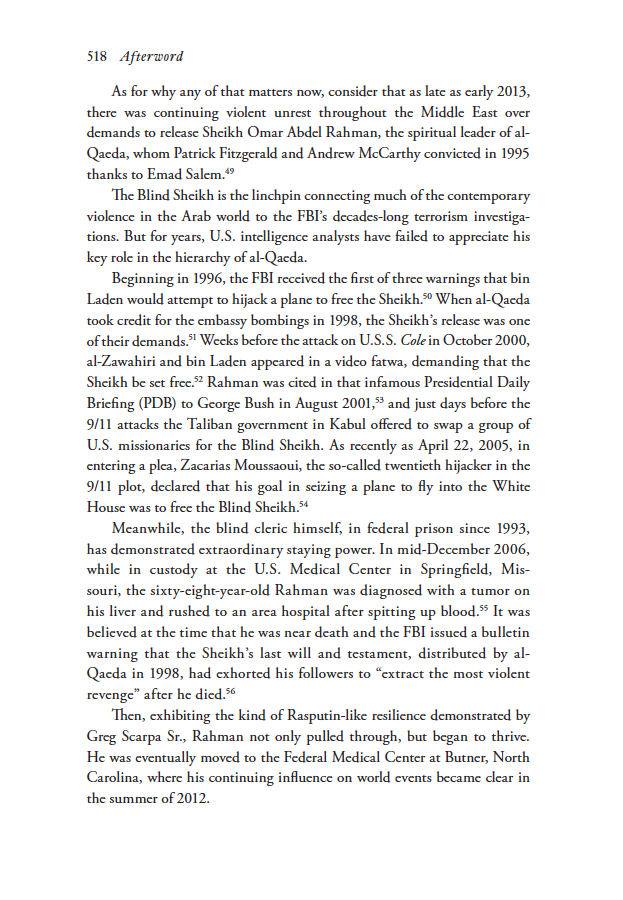

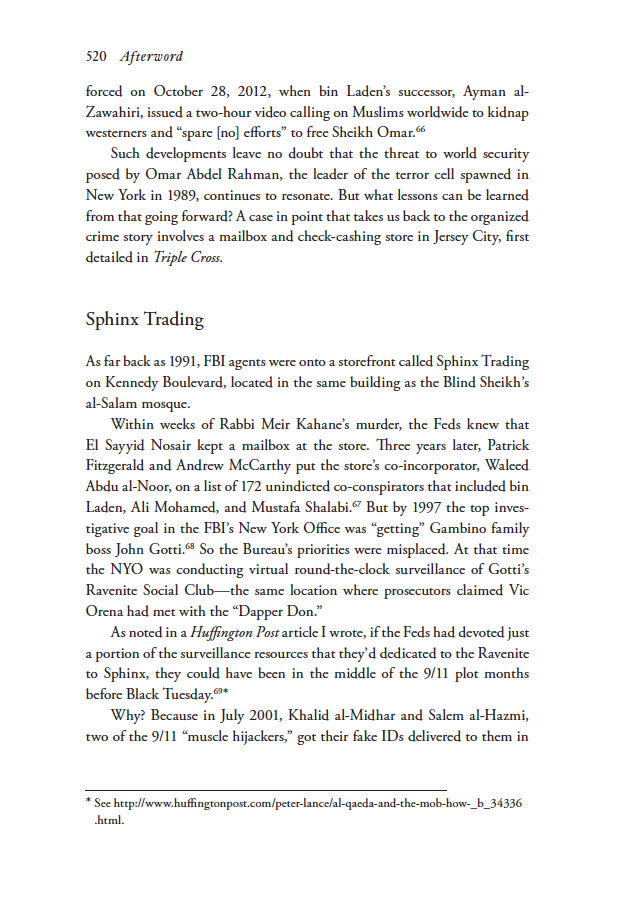
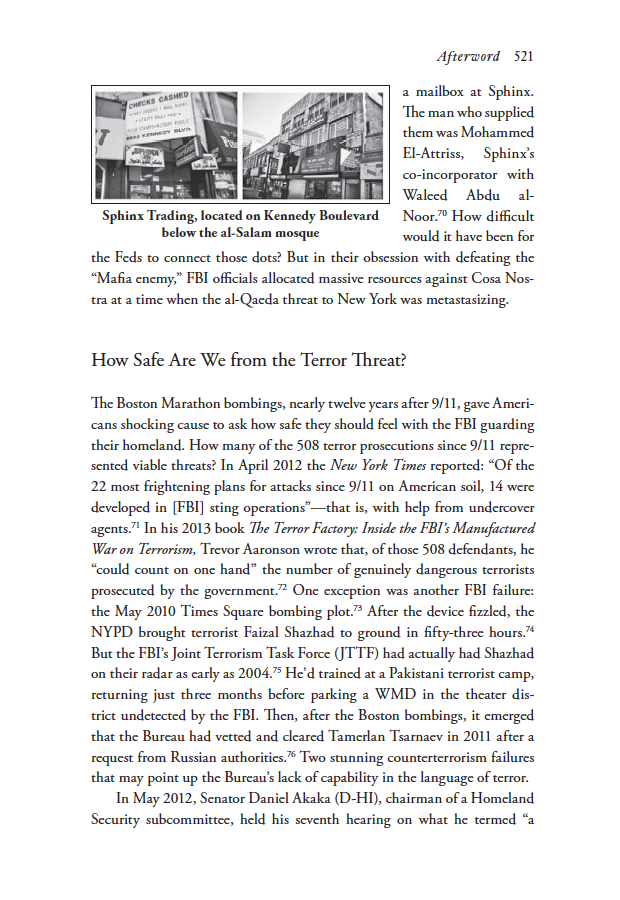

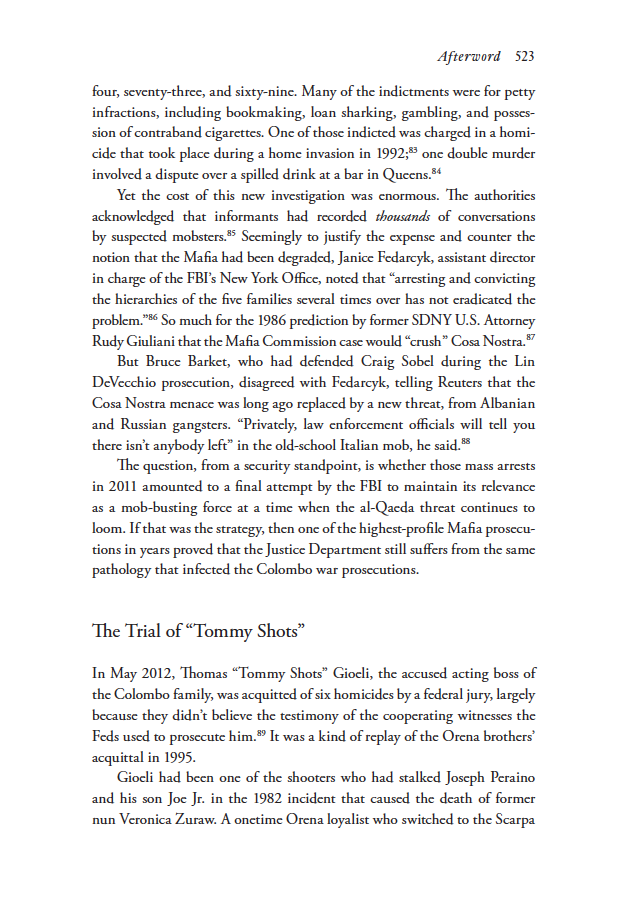
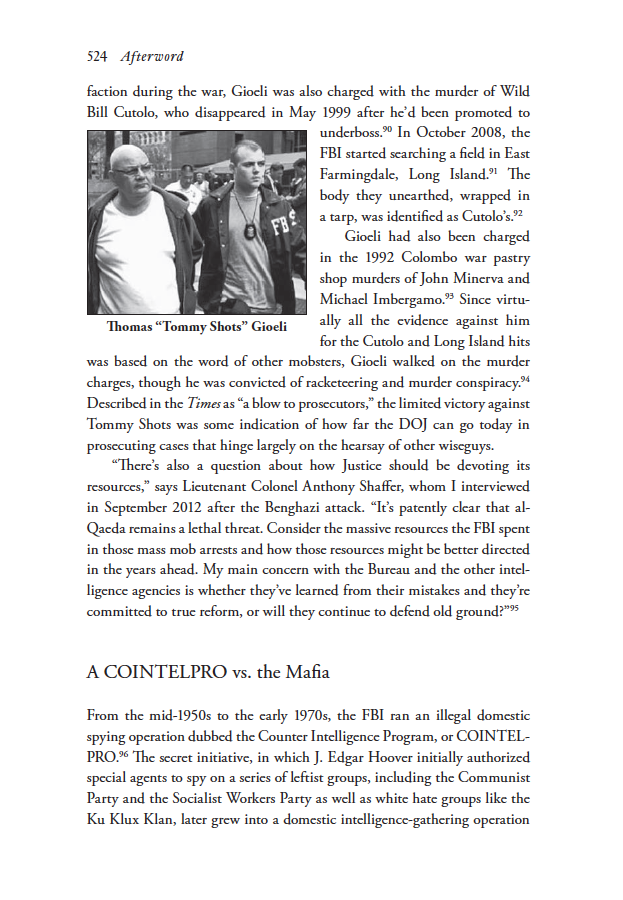
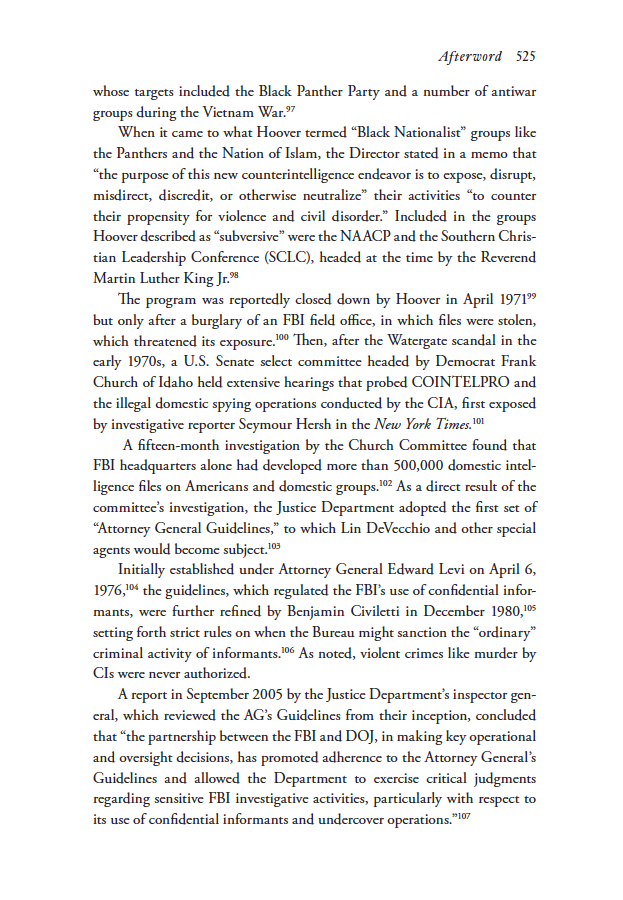
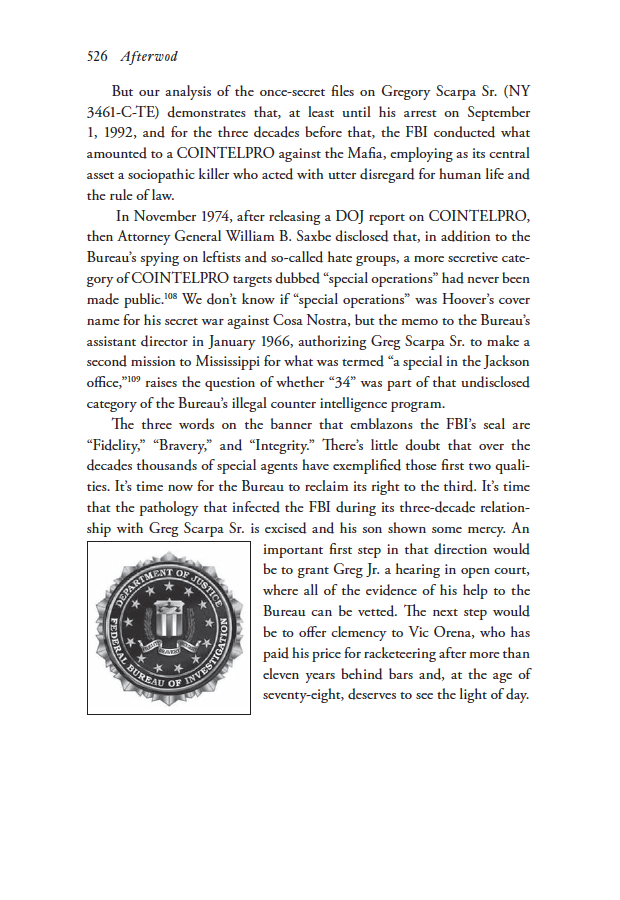
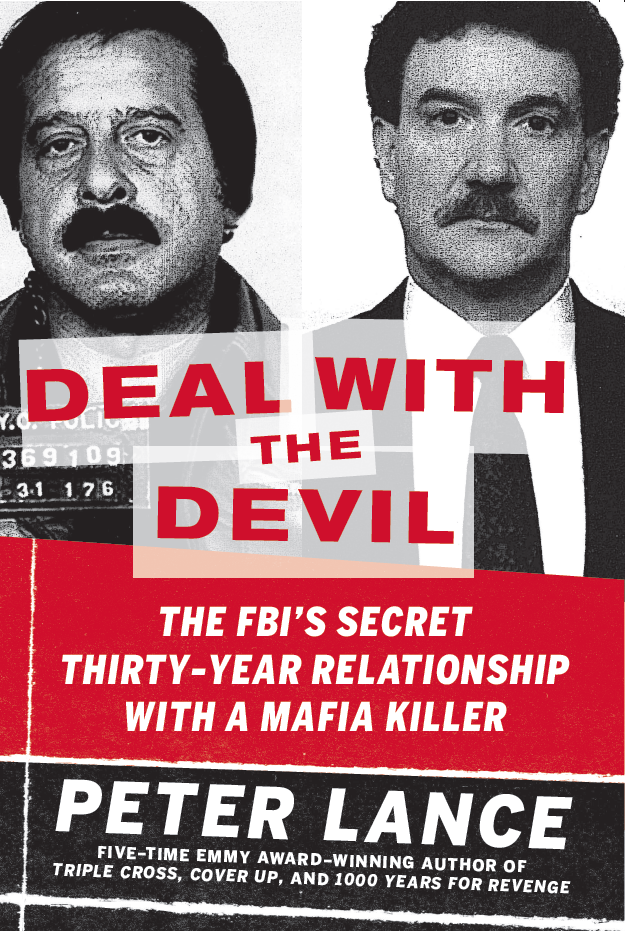

Recent Comments